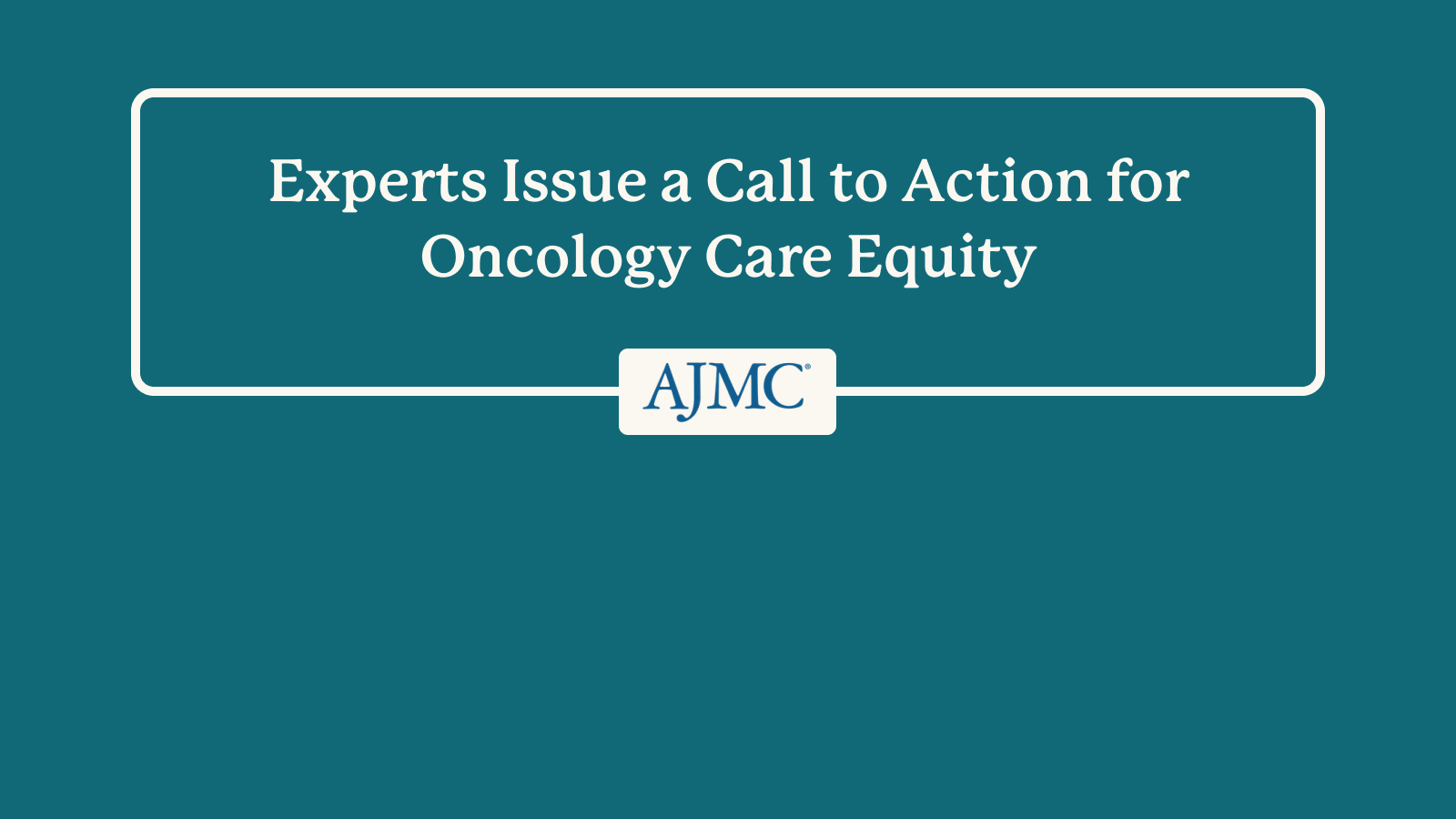Experts Issue a Call to Action for Oncology Care Equity
Key Takeaways
- Socioeconomic disparities, health policy, and insurance barriers hinder equitable cancer care access, necessitating strategic partnerships for improvement.
- Addressing social determinants of health and fostering multidisciplinary expertise are crucial for equitable oncology care.
- Precision medicine and pharmacy-led initiatives play vital roles in advancing oncology care and ensuring equitable access to treatment.
- Collaboration between community and academic centers, strong leadership, and coordinated care transitions are key to delivering advanced therapies safely.
Achieving health equity is a persistent challenge in cancer care, shaped by socioeconomic disparities, health policy, insurance benefit design, and site-of-care restrictions that disproportionately affect some communities. Further, although therapies can offer transformative potential, significant challenges and payer-related barriers often limit equitable care access and delivery. Therefore, expanding access to advanced cancer therapies and elevating the value of current and future care require trusted strategic academic-community partnerships among community oncology practices, hospitals, and key industry stakeholders.
Mitigating barriers is crucial to ensuring all patients receive high-quality, timely treatment. Standardizing care across networks, implementing structured education for health care professionals and patients, fostering multidisciplinary expertise, and empowering physician champions to drive treatment are essential to more equitable oncology care.
Part of the Elevating Value in Cancer Care regional series, the January 30, 2025, Institute for Value-Based Medicine® event in Nashville, Tennessee, brought together experts from the top cancer centers, hospitals, and care networks in the region to address how collaboration can bridge critical gaps in care delivery. Panelists and presenters alike emphasized the need to address social determinants of health and health-related social needs to ensure timely and equitable access to treatment.
They examined the broader societal and systemic conditions that influence health and the immediate, tangible needs that affect an individual’s ability to receive care. Additionally, they explored the intersection of health equity and value-based cancer care, emphasizing the importance of innovative collaborations and systemic changes to ensure all patients, regardless of background, have access to high-quality treatment.

